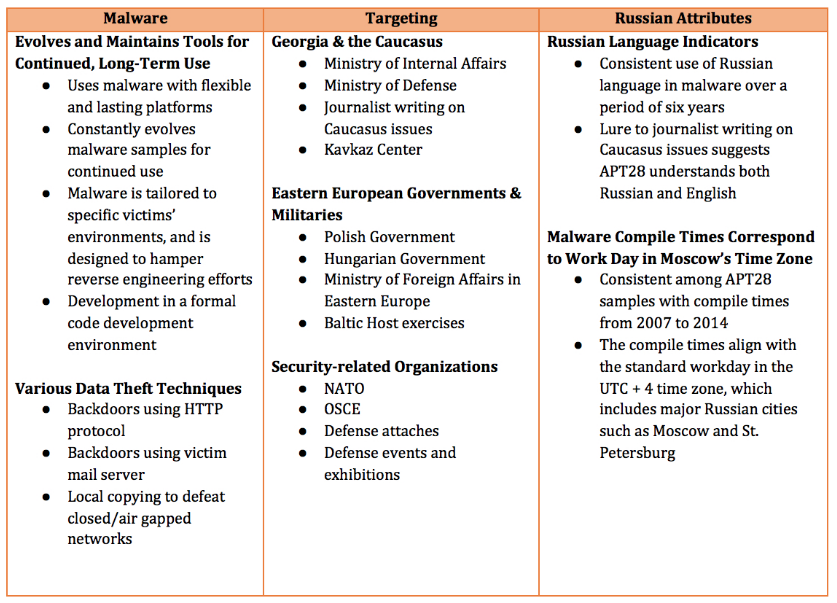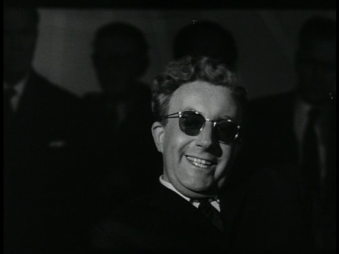In Latest Russian Plot, WikiLeaks Reveals Hillary Opposes ISDS
Among the emails released as part of the Podesta leaks yesterday, WikiLeaks released this one showing that, almost a year before she was making the same argument in debates with Bernie Sanders, Hillary was opposed to Investor State Dispute Settlement that is part of the Trans Pacific Partnership. (h/t Matt Stoller) ISDS is the means by which corporations have used trade agreements to operate above the domestic laws of party countries (if you haven’t read this three part series from BuzzFeed to learn about the more exotic ways business are profiting off of ISDS).
The email also appears to echo her later public concern that she had changed her mind on TPP because of KORUS.
After our last talk with HRC, we revised our letter to oppose ISDS and include her caution about South Korea.
Sure, other Podesta emails show Hillary supporting a broad region of free trade (and labor) in the Americas. But this more recent email confirms that the views she expressed in debate were more than just an attempt to counter Bernie’s anti-trade platform.
Whether or not this is newsworthy enough to justify the WL dump, it is noteworthy in light of NYT’s rather bizarre article from some weeks back suggesting that WL always sides with Putin’s goals. As I noted, the article made a really strained effort to claim that WL exposed TPP materials because it served Putin’s interests. Now, here, WL is is releasing information that makes Hillary look better on precisely that issue.
That doesn’t advance the presumed narrative of helping Trump defeat Hillary!
Then, as I noted yesterday, in spite of all the huff and puff from Kurt Eichenwald, the release of a Sid Blumenthal email used by Trump is another case where the WL release, as released, doesn’t feed the presumed goals of Putin.
Which brings me to this Shane Harris piece, which describes four different NatSec sources revealing there’s still a good deal of debate about WL’s ties to Russia.
Military and intelligence officials are convinced that WikiLeaks is an ongoing threat to U.S. national security and privacy owing to its leaks of classified documents and emails. But its precise relationship with Russia has been a subject of internal debate. Some do see the group as being in cahoots with the Kremlin. But others find that WikiLeaks is acting mainly as the beneficiary of stolen documents, not unlike a journalistic organization.
There are some funny aspects to this story. Nothing in it considers the significant evidence that WL is (and has reason to be) affirmatively anti-Hillary, which means its interests may align with Russia, even if it doesn’t take orders from Russia.
It also suggests that if the spooks can prove some tie between WL and Russia, they can spy on it as an agent of foreign power.
But those facts don’t mean WikiLeaks isn’t acting at Russia’s behest. And that’s not a trivial matter. If the United States were to determine that WikiLeaks is an agent of a foreign power, as defined in U.S. law, it could allow intelligence and law enforcement agencies to spy on the group—as they do on the Russian government. The U.S. can also bring criminal charges against foreign agents.
WL has been intimately involved in two separate charges cases of leaking-as-espionage in the US, Chelsea Manning and Edward Snowden. The government has repeatedly told courts that it has National Security/Criminal investigations, plural, into WikiLeaks, and when pressed for details about how and whether the government is collecting on supporters and readers of WikiLeaks, the government has in part hidden those details under a b3 FOIA exemption, meaning a statute prevents disclosing it, while extraordinarily refusing to reveal what statute that is. We certainly know that FBI has used multiple informants to spy on WL and used a variety of collection methods against Jacob Appelbaum, including (according to Appelbaum) physical tails.
So there’s not only no doubt that the US government believes it can spy on WikiLeaks (which is, after all, headed by a foreigner and not a US organization), but that it already does, and has been doing for at least six years.
Perhaps Harris’ sources really mean they’ve never found a way to indict Julian Assange before, but if they can claim he’s working for Putin, then maybe they’ll overcome past problems of indicting him because it would criminalize journalism. If that’s the case, it may be shading analysis of WL, because the government would badly like a reason to shut down WL (as the comments about the direct threat to the US in the story back up).
As I’ve said before, the role of WL in this and prior leak events is a pretty complex one, one that if approached too rashly (or too sloppily) could have ramifications for other publishers. While a lot of people are rushing to collapse this (in spite of what sounds like a continuing absence of directly incriminating evidence) into a nation-state conflict, things like this TPP email suggest it’s not that simple.




